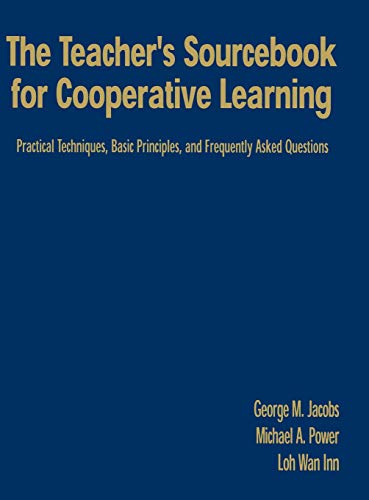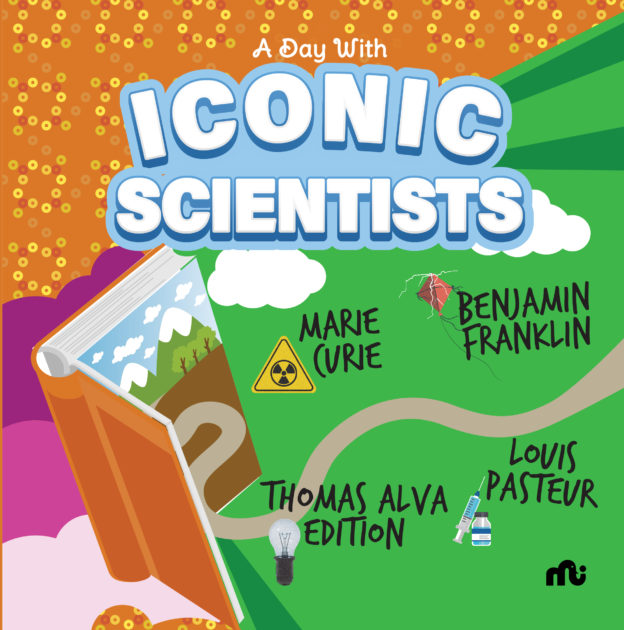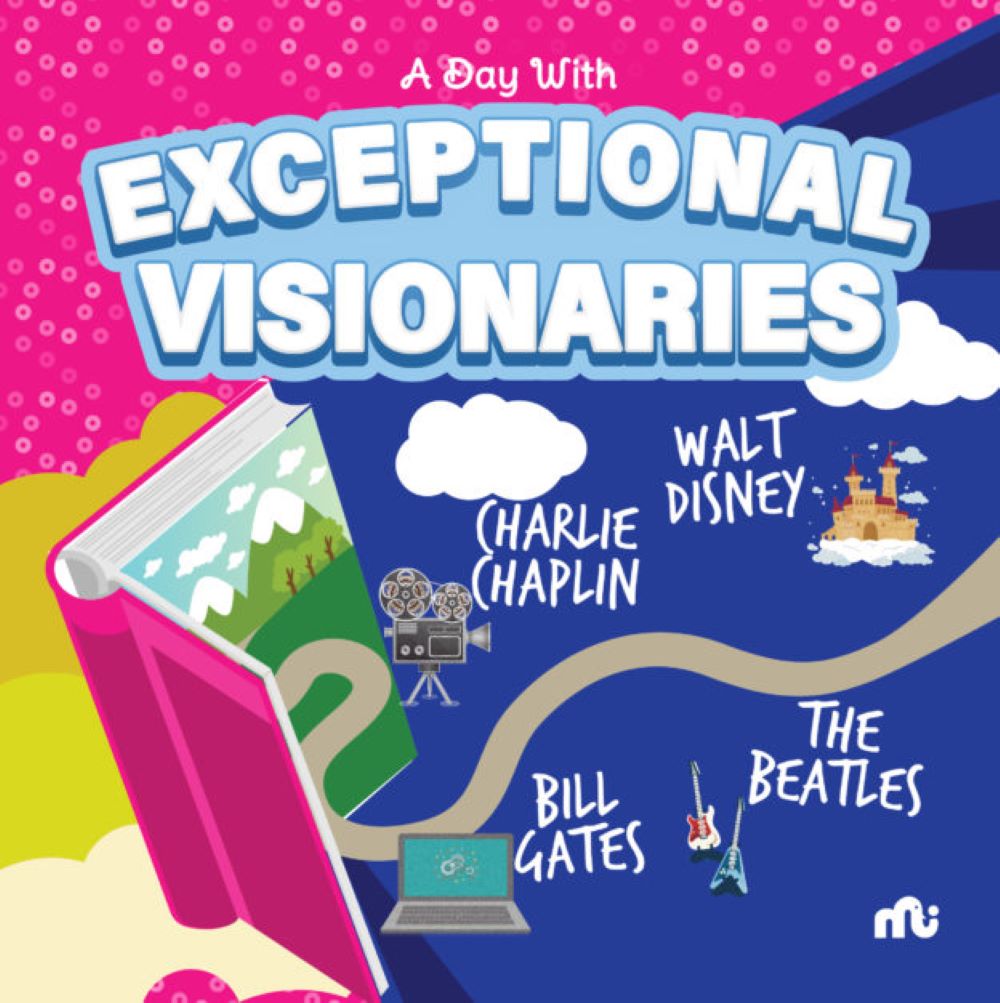The Teacher's Sourcebook for Cooperative Learning Practical Techniques, Basic Principles, and Frequently Asked Questions
Availability :
In Stock
₹ 2,424.00
M.R.P.:₹ 3030
You
Save: ₹606.00 (20.00% OFF)
(Inclusive
of all taxes)
Delivery:
₹ 0.00 Delivery charge
Author:
George M Jacobs
Publisher:
Corwin
Edition:
1st Edition
ISBN-13:
9780761946090
Publishing Year:
2002-08-01
No. of Pages:
184 pages
Weight:
540 grm
Language:
English
Book Binding:
Paperback











